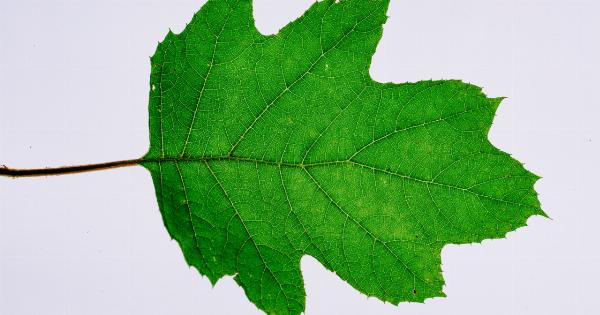Varicose veins are a common and unpleasant condition that affect a large number of people, especially women. They can cause pain, swelling, and discomfort, and make it difficult to walk or stand for long periods of time.
They can also be very unsightly, with bulging and twisted veins that can be embarrassing to show off in shorts or swimsuits.
Summer can be especially challenging for those with varicose veins, as the heat can exacerbate symptoms and make the condition feel even worse.
However, there are a number of tips and tricks you can use to help beat the heat and keep your varicose veins under control – and they’re relatively simple and easy to implement.
Stay Hydrated
The first and most important step in managing varicose veins during the summer months is to stay hydrated. This means drinking plenty of water throughout the day, even if you don’t feel thirsty.
When you’re dehydrated, your blood tends to thicken and your veins can become more constricted, making it harder for blood to flow through them. This can cause pain, swelling, and discomfort.
So make sure you’re drinking enough water each day, and aim to drink even more if you’re spending time outdoors in the heat. You may also want to avoid alcohol and caffeine, which can dehydrate you even more.
Stay Active and Keep Moving
Another key tip for managing varicose veins in the summer is to stay active and keep moving.
This means getting up and walking around every hour or so if you’re sitting for long periods, or taking frequent breaks if you’re standing for a while. Sitting or standing for long periods can cause blood to pool in your veins, making them more swollen and uncomfortable.
Additionally, gentle exercise like walking, swimming, or yoga can be very beneficial for varicose veins. These activities help to keep blood flowing smoothly through your veins, which can reduce swelling and discomfort.
Just make sure to wear comfortable, supportive shoes and clothing, and avoid high-impact activities like running or jumping that can put more pressure on your veins.
Wear Compression Stockings
If you have varicose veins, wearing compression stockings can be a big help in managing symptoms during the summer months. These specialized stockings are designed to gently squeeze your legs, helping to improve blood flow and reduce swelling.
They can also help to prevent blood clots from forming.
You can find compression stockings at most drugstores or medical supply stores, and they come in a range of styles and strengths. Talk to your doctor or a healthcare professional if you’re not sure which type is right for you.
Elevate Your Legs
When you’re sitting or lying down, elevating your legs can be helpful in reducing the symptoms of varicose veins. This is because elevating your legs can help to improve blood flow and reduce swelling.
To elevate your legs, sit on the floor or a comfortable chair, and prop your feet up on a pillow or footstool. You want your feet to be higher than your heart if possible.
You can do this for a few minutes several times a day, especially when you’re feeling particularly swollen or uncomfortable.
Avoid Heat and Sun Exposure
In addition to the tips above, it’s important to avoid excessive heat and sun exposure when you have varicose veins. Heat can cause your veins to dilate and become more swollen, making symptoms worse.
Additionally, exposure to the sun can cause your skin to become damaged and more prone to irritation or infection.
To stay cool and comfortable during the summer months, try to avoid direct sunlight during peak hours, and wear loose, breathable clothing that won’t trap heat.
You may also want to stay indoors in air-conditioned spaces during the hottest parts of the day, especially if you’re feeling particularly uncomfortable.
Eat a Healthy, Varicose Vein-Friendly Diet
Finally, eating a healthy diet can also help to manage the symptoms of varicose veins during the summer months.
Incorporating foods that are high in fiber, like fruits, vegetables, and whole grains, can help to keep your digestive system functioning smoothly and prevent constipation. Constipation can put additional pressure on your veins, which can make symptoms worse.
You may also want to incorporate foods that are high in anti-inflammatory compounds, like omega-3 fatty acids and vitamin C. These nutrients can help to reduce inflammation in your veins and keep them healthy and strong.
Good sources of omega-3s include fatty fish, nuts, and seeds, while vitamin C can be found in citrus fruits, berries, and leafy greens.
Conclusion
Varicose veins can be a real pain during the summer months, but with these simple tips, you can keep them under control and enjoy the season without discomfort.
Remember to stay hydrated, stay active, wear compression stockings, elevate your legs, and avoid excessive heat and sun exposure. And don’t forget to eat a healthy, varicose vein-friendly diet to keep your body functioning at its best.






























